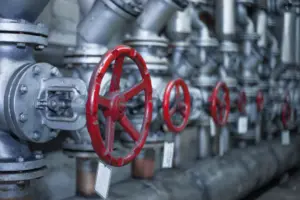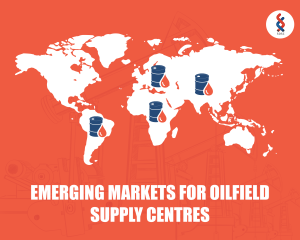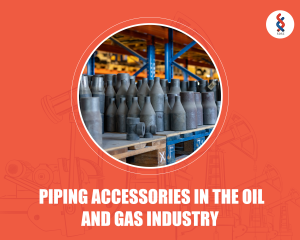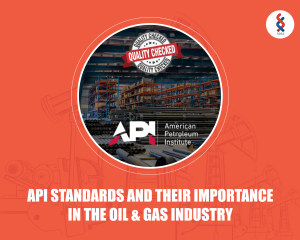API Standards and their Importance in the Oil & Gas Industry
What is API?
API is a national trade association that represents the oil and gas industry in the United States. It develops standards and recommended practices for various aspects of the industry, including exploration, production, refining, transportation, and marketing of petroleum products. API standards are widely recognized and adopted in the industry, both in the United States and internationally.
Why are API standards significant?
API standards provide a benchmark for quality and performance that is recognized and accepted across the industry. They cover a wide range of products and services, including drilling equipment, pipes, valves, fittings, tanks, and measurement devices, among others. Adherence to API standards ensures that these products and services meet the minimum requirements for safety, performance, and environmental impact.
API Standards for Material Quality and Specifications
API standards cover various aspects of material quality and specifications in the oil and gas industry. Some of the relevant API standards for oilfield supply include:
- API 5L: This standard covers the specifications for seamless and welded steel line pipe used for transportation of oil and gas.
- API 6D: This standard covers the specifications for pipeline valves used in the oil and gas industry.
- API 602: This standard covers the specifications for forged steel gate, globe, and check valves for high-pressure and high-temperature service.
- API 16A: This standard covers the specifications for drilling equipment, including blowout preventers, drilling spools, and adapter spools.
- API 16C: This standard covers the specifications for choke and kill manifold systems used in drilling operations.
Choosing a Supply Center that Adheres to API Standards
As an expert in the field of oilfield supply, SOSC recognizes the importance of adhering to API standards for material quality and specifications. When choosing a supply centre, it is important to ensure that they adhere to these quality standards. SOSC, for example, has a quality management system and stringent inspections to ensure that only compliant materials are supplied.
It is also important to consider the range of products and services offered by the supply centre. SOSC, for example, offers a wide range of API certified products, including pipes, valves, fittings, and flanges, among others. With over 30,000 products in stock, SOSC can provide customers with the products they need, when they need them.
Conclusion
API standards play a critical role in ensuring the quality, safety, and reliability of products and services in the oil and gas industry. As an expert in oilfield supply, SOSC recognizes the importance of adhering to API standards for material quality and specifications. When choosing a supply centre, it is important to consider their commitment to API standards, certifications, accreditations, and range of products and services offered. With a focus on quality and customer satisfaction, SOSC is committed to providing customers with the products they need, when they need them, while adhering to API standards for material quality and specifications.
Related News




Emerging Markets for Oilfield Supply Centres

Piping Accessories in the Oil and Gas Industry



